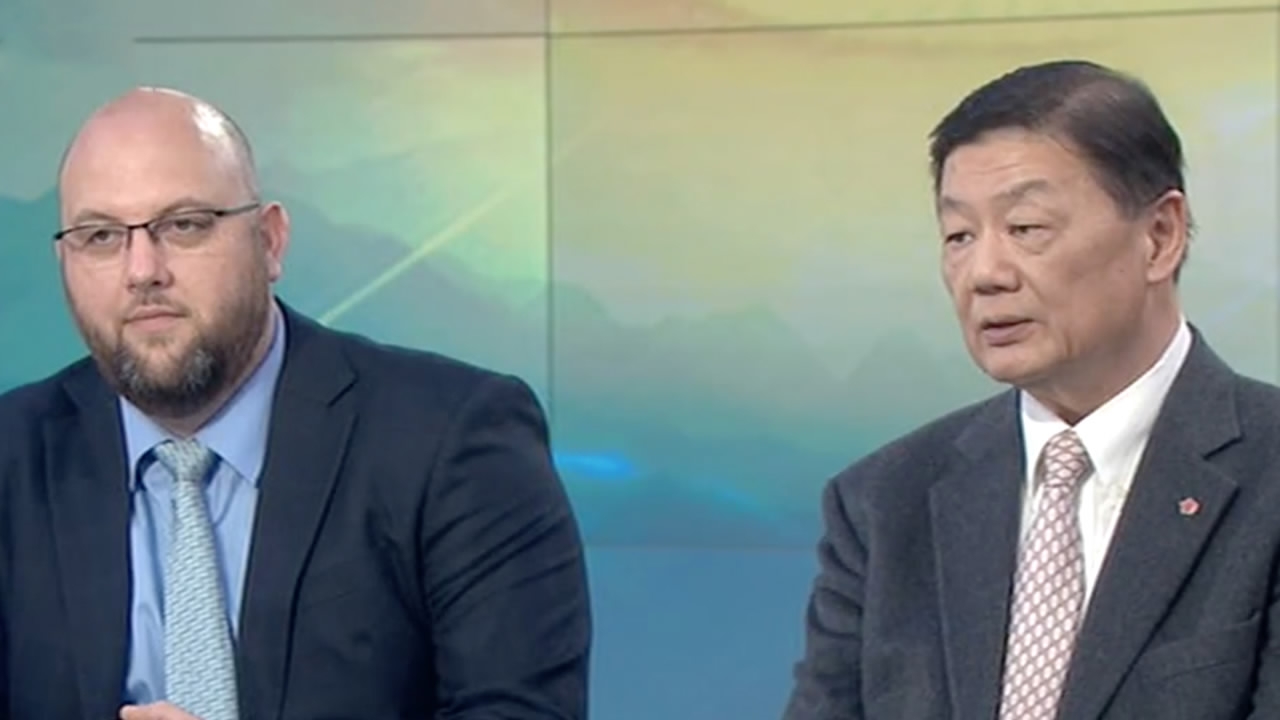
Business
21:58, 15-Mar-2018
Data Sessions: China's massive appetite for top-drawer talent
By CGTN’s Du Zhongyan

As China seeks to transform into a high-tech, innovation-driven economy, more high-end talents are needed.
President Xi Jinping told deputies to the National People's Congress innovation is a key driving force for China's new economy, adding that such a force is rooted in bringing in new talents.
Many Chinese cities have unveiled policies to attract high-skilled workers, especially in such fast growing sectors as smart-manufacturing and high tech. For instance, Hangzhou, Alibaba's birthplace in southeast China, has become a breeding ground for high-end equipment and bio-pharmaceutical firms.
Hangzhou's perks packages for talents include living costs compensation, better public services and a good working environment. The city also made it easier for migrant workers to get permanent residency and access health services and schooling for their children. Meanwhile, companies are offering stock options to boost staff loyalty.
Meanwhile, China is also keeping an eye on international talents. However, there are still significant barriers for foreign talents who want to work in China.

“I think the biggest hurdle prohibiting talents to work in China is our tax structure. China’s taxes are probably the highest,” said Herman Hu, chairman of Ryoden Development, who is also an NPC deputy.
“Another big barrier for younger foreign people to work in China is the requirement of two years’ work experience of the jobs they are looking for,” said Nick Coyle, CEO of Austcham Beijing.
“And there is no visa for foreign interns, so it is very difficult for foreigners to take an internship in China and work legally.”
The good news is that China is currently reforming the immigration policies to establish a more open and flexible system to appeal to foreign talents. Incentives include permanent residence permits, easing limits on international students training and working in China and improving the legal framework for talent introduction and management.
(CGTN’s Hu Binyi also contributed to the story.)
Read other stories in the series:

SITEMAP
Copyright © 2018 CGTN. Beijing ICP prepared NO.16065310-3
Copyright © 2018 CGTN. Beijing ICP prepared NO.16065310-3